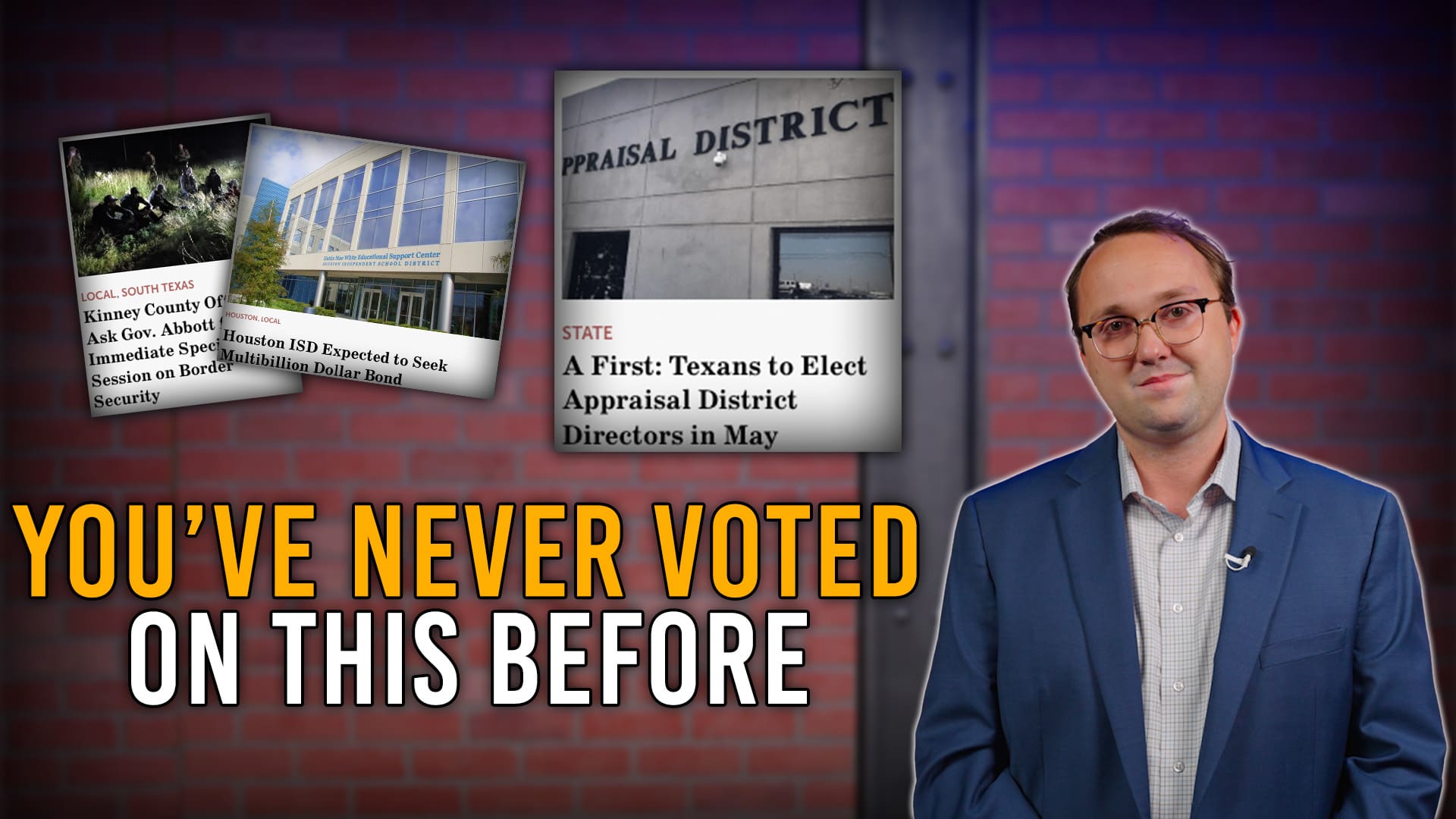Health insurance premiums without a subsidy in Texas under Obamacare are projected to increase between 30 to 40 percent next year, making the (un)Affordable Care Act even less affordable than before.
As health insurers struggle to cover huge losses from plans offered under the federal law, state regulators are approving dramatic premium increases in every state.
At least five states will experience rate hikes as high as 50 percent in 2017, with the average nationwide premium rising 25 percent next year. Texas will be among the states with the highest increases in health insurance prices.
Sixteen Obamacare exchanges have now collapsed, as several of the nation’s largest insurers such as Aetna continue to abandon them. In August, Tennessee’s Insurance Commissioner said his state’s exchange is “very near collapse.”
Fortunately for taxpayers, conservatives resisted calls by some republican lawmakers – including State Rep. Jason Villalba (R-Dallas) – to “soften” to Obamacare and setup a state-run exchange, which the Wall Street Journal in 2013 correctly predicted would lead to further fiscal disaster. The WSJ wrote:
“The main problem is that states are being conscripted as federal contractors. HHS has declined to reveal basic operational details except to make clear that state-based exchanges won’t really be run by the states… So if things don’t work voters will blame the Governors for decisions made in Washington. And when it turns out that ObamaCare’s costs are underestimated and its benefits exaggerated, they’ll have enabled an entitlement that many of their constituents oppose.”
The reason for the law’s failure is quite simple—the federal government cannot magically create “cheaper” insurance offering “more coverage,” nor can they force consumers to buy insurance at any given price.
The coverage promised by the federal government is far more expensive than promised, and has failed to lure a sufficient number of consumers. The federal government tried to create a healthcare-utopia, and instead, increased costs for most Americans.
It should come as no surprise to critics that government bureaucrats are worse at meeting consumer demand than private companies locked in fierce competition with one another.
But liberal Democrats perpetuated the myth that “greedy” insurance companies lusting after excessive “profits” were to blame for rising healthcare costs. Americans were told, if federal bureaucrats could dictate insurance prices and coverage, they could “lower costs” for every American. Instead, prices have soared.
Federal over-regulation has reduced competition in the insurance market, increased costs, and reduced the number of choices available to consumers who need care. Governments continue to subsidize more and more people seeking medical services, driving up prices for everyone in the process.
The simple truth is that profits in a free market – without a government subsidy – signal success, and protect both consumers and employees.
Unlike government, insurance companies have to generate enough revenue from premiums, co-pays, and deductibles in order to cover those who they’re contractually obligated to cover. The price of coverage is dictated by the scope of the coverage, and what consumers are willing to pay for it. Greater competition leads to greater choice and lower costs to consumers.
Obamacare has tried to dictate what type of coverage companies can legally offer – and in effect – what type of insurance Americans are allowed to purchase. They then bought off big corporations with taxpayer money to help subsidize certain plans to make them profitable. It isn’t working.
The problem, of course, is that insurance companies only profit when they offer plans consumers want at a price they can afford. If companies fail to make a profit, they will no longer be able to keep their workers and cover claims from their customers.
Americans have paid a hefty price for Obamcare’s utopian dream of “fixing” an industry comprising roughly 15 percent of the U.S. economy. In Texas, that price will increase between 30 to 40 percent in 2017, on top of the onerous taxes, penalties, and regulations it continues to impose on families and businesses.




